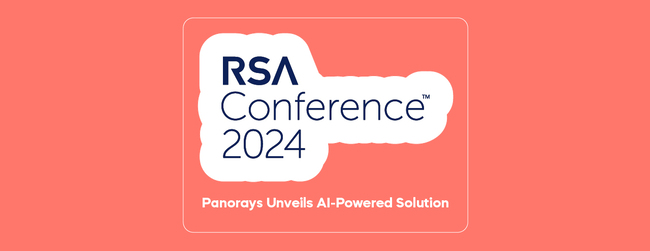Starting a market research campaign can be an impactful experience for businesses. In a constantly changing marketplace, success requires a solid understanding of consumer behavior, preferences, and trends. A well-implemented market research strategy can offer a roadmap for product development, marketing, sales optimization, and more. Below, we take you through the systematic approach necessary to extract valuable data and turn it into actionable business strategies.
The Purpose and Scope of Your Market Research
Before collecting data, you must clearly define your market research objectives. Are you trying to understand brand perception? Are you trying to gauge demand for a new product? Or, are you trying to find market trends? Setting clear goals will guide the entire process and help you to measure success accurately.
Determining the scope of your research is equally important. This includes deciding on demographics, geographic regions, and customer behaviors. A focused scope will refine the research process and ensure manageable results. Covering a wide range of data may be tempting, but specificity can often lead to more impactful insights.
Collaborating with stakeholders during this phase can also bring diverse perspectives into the planning stage. Engaging with different departments within your company, or even seeking the counsel of an external specialist, can enhance the strategy. For instance, reaching out to Slice MR for tailored market research solutions may provide the precision and expertise required for an in-depth understanding of your market area.
Choosing the Right Tools and Methods for Data Collection
With clear goals and scope defined, the next step is selecting the appropriate tools and methods for gathering data. From surveys and focus groups to purchasing behavior analysis, your choice of method can significantly impact the quality of your data.
Technology plays a vital role in today’s data collection strategies. Utilizing digital platforms can streamline processes and provide access to larger datasets than traditional methods might offer. However, it is essential to consider the digital literacy of your target audience. Employing advanced tech-based solutions may not yield the desired results if the target demographic prefers traditional means of engagement.
Aside from the collection tools, it’s also necessary to think about the timing and frequency of data gathering. Market trends can fluctuate considerably, so you have to decide whether to conduct research as a one-time project or to do it continuously over time. Consistency in data collection helps in tracking changes and maintaining up-to-date insights.
Ensuring Accurate and Ethical Data Handling
Once data begins to flow in, maintaining its integrity is key. Accuracy in data handling safeguards against misinterpretation that could lead to misguided business decisions. It demands rigorous data validation and verification, eliminating errors, and ensuring consistency across various data sets.
Moreover, ethical considerations should dictate data practices. This includes respecting user privacy, securing consent for data collection, and transparently communicating how the information will be used. Failing to address ethical standards can damage your company’s reputation and erode public trust.
Analyzing Data to Make Business Decisions
The culmination of the market research process is extracting actionable insights that drive strategic business decisions. Data analysis must yield clear recommendations supporting the initial objectives set out at the start of the research. This is where raw data is transformed into a competitive advantage.
Visualization tools can also help communicate results effectively, allowing stakeholders to grasp the implications rapidly. Presenting data in a relatable context makes it easier for decision-makers to understand the steps they need to take.
Factors such as changing consumer preferences or emerging industry trends must also be accounted for to ensure that your business remains agile and responsive.
Altogether, an effective market research strategy hinges on meticulous preparation, ethical data practices, insightful analysis, and a commitment to continuous improvement. Each stage is pivotal in the journey to success.






